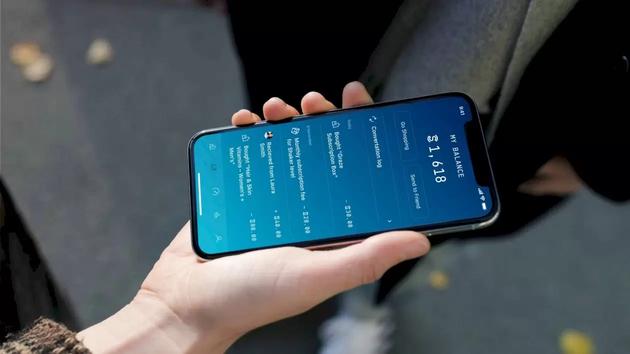There are numerous applications that monitor our steps and, indirectly, encourage us to walk, but how would we be paid to do that?
Well, Nissan Bahar and Franky are the founders of a project that follows this idea just.The purpose of the application is to give users a dollar bitwalking every 10.000 steps taken.Initially, digital currencies will be able to be spent either in a virtual store or transformed into cash, according to preferences.The founders were also sponsored with $ 10 million by Japanese investors, to launch the system and a bank meant to check each such transfer.
Tech Murata giant works at a bracelet representing an alternative to the smartphone to display the number of coins obtained.This would not be the first progress to help develop countries.Last year, they launched Keepod, a seven -dollar stick that behaves like a computer in Nairobi, Kenya.
The idea behind Bitwalking is to take advantage of the fashionable fashion intended for fitness and to provide an additional reward for trying to stay in shape.The global scheme is to conclude partnerships with companies producing sports equipment, in the field of health, groups of eco activists and advertising companies.Also employers could stimulate employees to move by offering bonuses to wages.

In developed countries, an ordinary person would earn around 15 coins per month, but developers hope that in poor countries, where people have to walk miles to work, school and not only, bitwalking could change lives.
For example, Salim Adam goes about 10 kilometers a day to reach the faculty where IT, in Malawi.His current salary is $ 26, and such an application could double it.The Go App!For iOS and Android will be initially offered some countries, including the UK, Japan, Malawi and Kenya, write the BBC.
Anyway, the idea is not completely new.Several start-ups tried to make a connection between man's ambition to remain in shape and various rewards, but failed when it came to precise measurements and avoidance to those who want to deceive the system.Bitwalking still does not have an algorithm to measure the steps made public, but it seems to use the GPS position and WiFi connections to calculate the distance traveled.
The success of the idea depends on how much interest will grant their big companies.In Japan, it's not unusual for companies to reward their employees for physical activities.For example, the largest chain of shops, Lawson, has a scheme in which he pays his employees with 50 extra dollars to live healthy.
Serious precautions must be taken, and the transfers will be closely monitored with the help of a bank, which will check each action separately.Otherwise, users will have the freedom to use the money in predetermined virtual stores, to change them in cash, to transfer others or to use them as they please.
